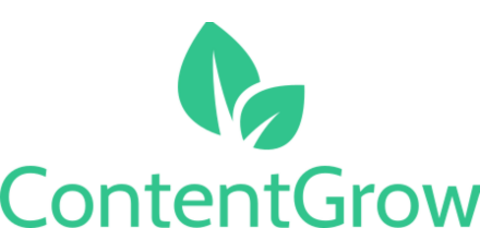Google doubles down on AI ads before the holiday rush
Google unveils AI-powered ad formats and campaign tools just in time for the holiday rush
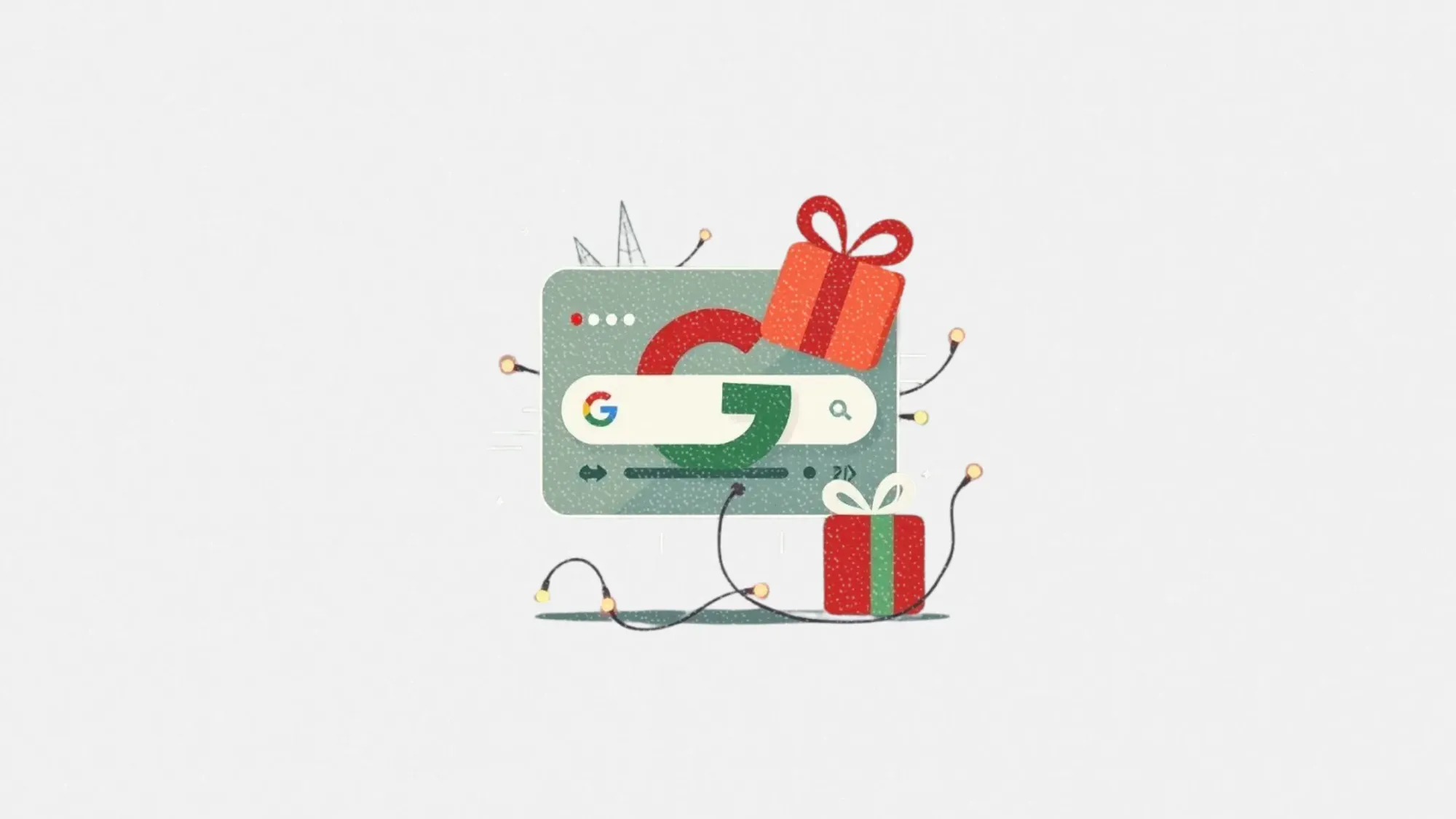
Google is rolling out a fresh wave of AI-driven marketing tools just as retailers and brands gear up for the holiday season.
The company’s latest announcement centers on AI Max, a new beta feature that powers search ads inside AI summaries rather than just keyword matches.
The move signals Google’s determination to anchor advertising directly inside its evolving AI search experience, a shift that could redefine how shoppers discover products online.
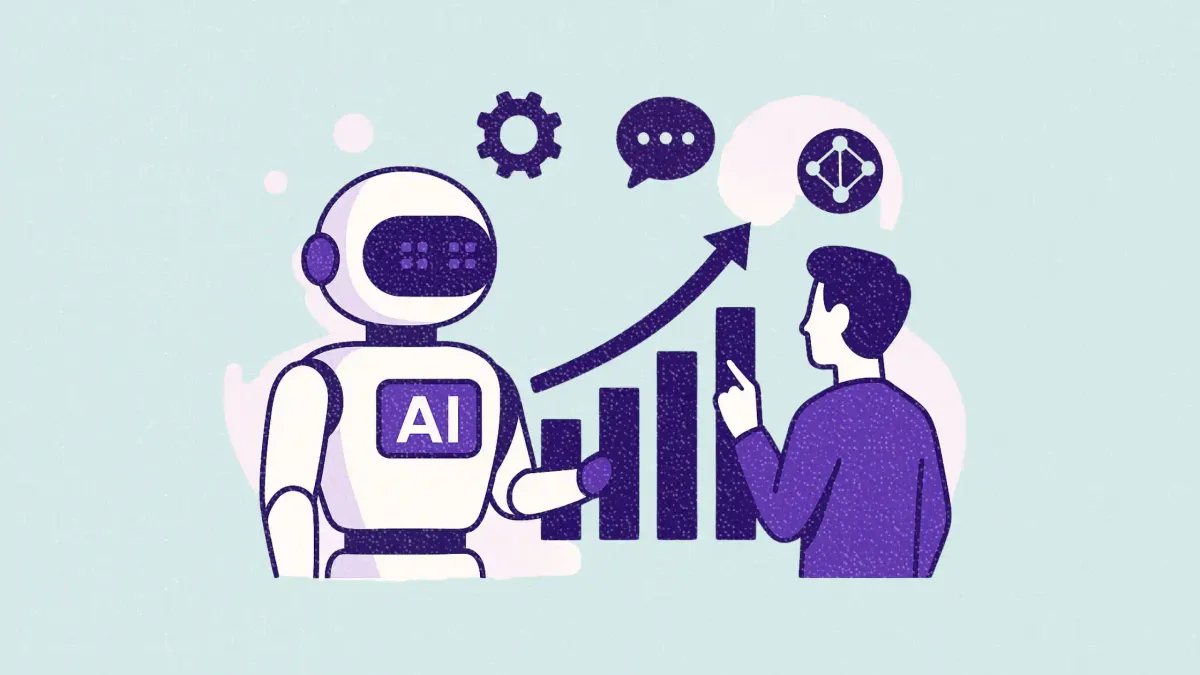
Inside Google's latest announcement
At a press event, Google’s global ads vice president Dan Taylor explained how AI Max changes the ad landscape. Instead of only surfacing products on direct search terms, AI Max allows ads to appear in multi-intent queries.
For example, a shopper searching “how to decorate a small apartment for the holidays” might see DIY tips inside the AI-generated summary, along with a promoted suggestion for table-top string lights. “That creates a commercial opportunity that wasn’t necessarily inherent in the initial query,” Taylor noted.
Beyond search, YouTube ads are also getting more commerce-focused. Brands can now optimize campaigns based on channel, whether online, in-app, or in-store. Masthead ads are also becoming shoppable placements, letting advertisers push specific products.
Meanwhile, Google’s asset and product studio platforms are gaining generative AI upgrades. Advertisers can bulk-edit product imagery backdrops, and in the coming weeks, Imagen 4 will power new text-to-image asset creation inside Performance Max and Demand Gen campaigns.
Another addition is loyalty-focused features that let brands target retention goals, reward members with perks like discounts or shipping benefits, and integrate those offers directly into campaigns.
Why this matters for marketers
Most of these tools did not exist a year ago, Taylor emphasized, underscoring the pace at which Google is reshaping advertising with AI. For marketers, a few implications stand out:
- AI search is no longer experimental
Brands that rely heavily on keyword ads may need to rethink budgets as AI summaries absorb more search real estate. The fact that ads can now appear in nuanced, multi-intent queries suggests that product discovery could expand in unexpected directions.
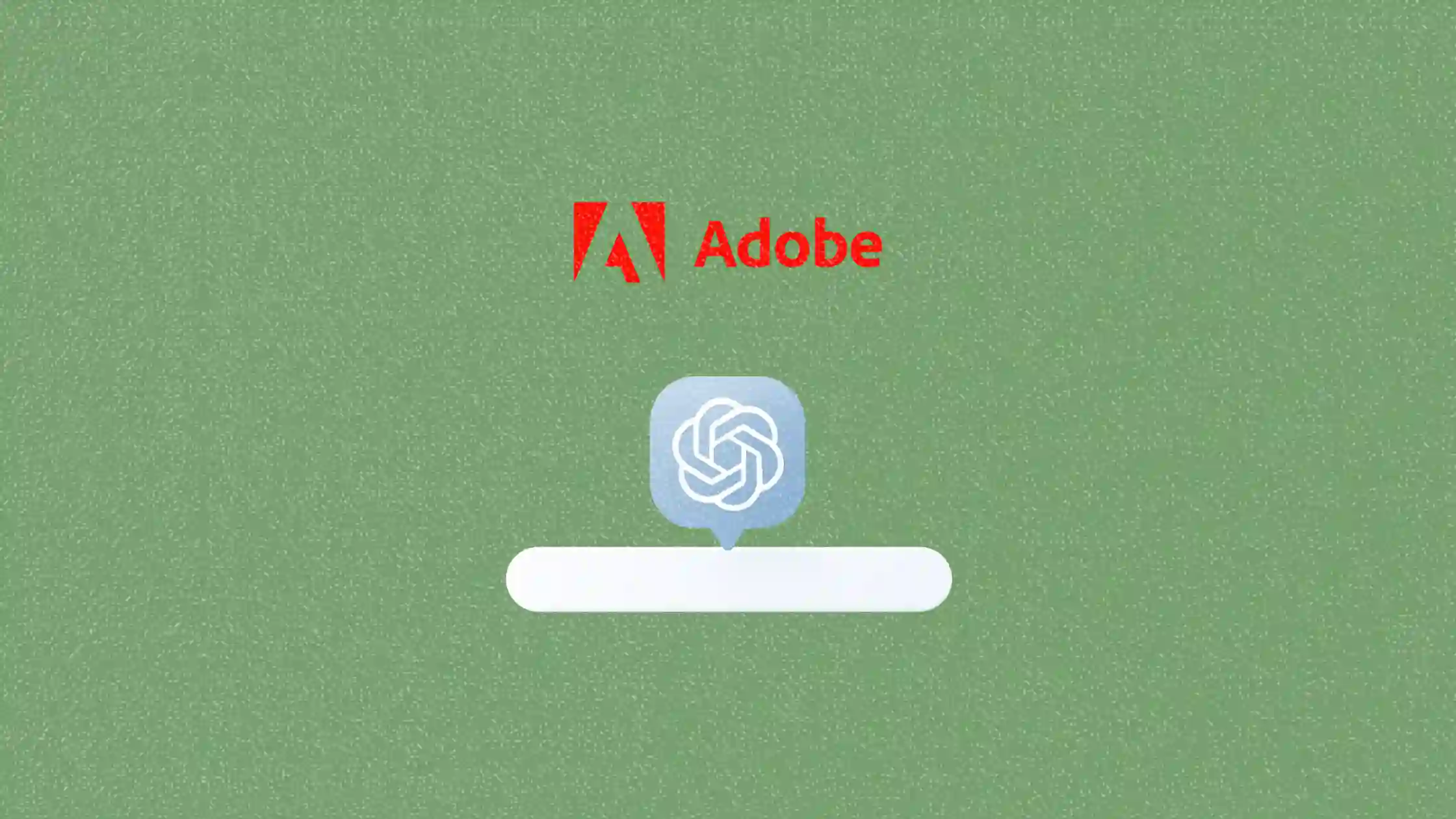
- YouTube is edging closer to a full shopping platform
Shoppable mastheads and channel-based targeting blur the line between video and e-commerce. For marketers, this suggests YouTube may rival traditional product search in the months ahead.https://www.contentgrip.com/youtube-google-ai-overview-video-carousel/
- Creative workflows are shifting to generative AI
The integration of Imagen 4 for asset generation highlights how campaign production cycles are being compressed. Marketers may save time, but questions about brand consistency and AI-generated creative quality will follow.
- Retention and loyalty are getting a bigger spotlight
Google’s push into loyalty mechanics indicates a broader pivot toward lifetime value, not just acquisition. Marketers may find more incentive to prioritize retention campaigns as Google builds these features into its flagship ad products.
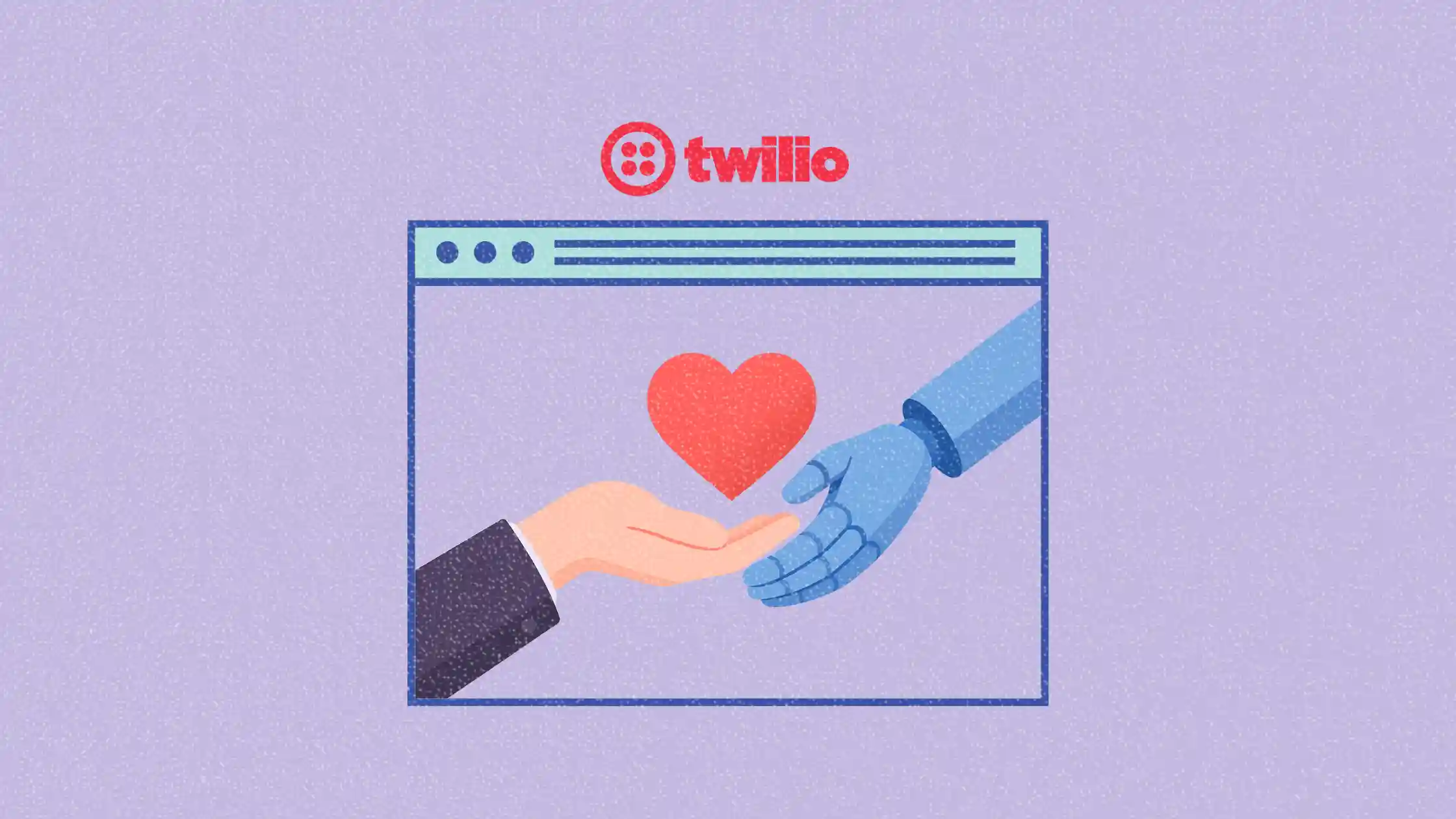
Google’s mid-year rollout shows how fast AI is becoming a core part of the advertising stack. For marketers, the timing ahead of the holiday season is no accident. Google wants to prove that AI-powered ads do not just streamline workflows, they create new buying moments inside the discovery process itself.
The challenge, as always, will be balancing efficiency with authenticity. Marketers may need to test aggressively, but also keep a close eye on how audiences respond to AI-driven ad placements.
